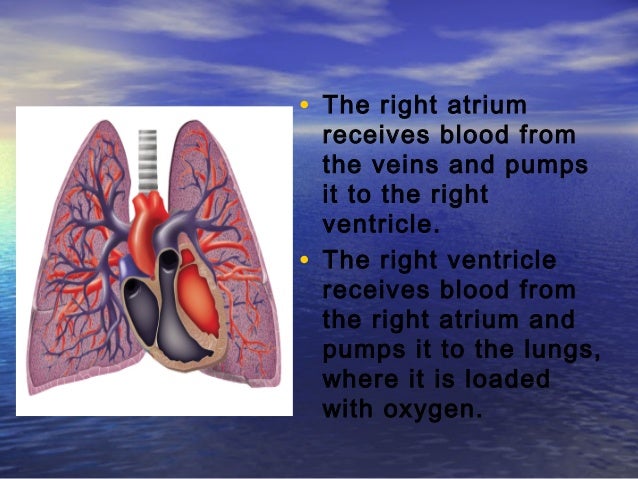The human heart weighs less than a pound

The Human Heart Weighs Less than a Pound

The heart is an incredible organ that plays a vital role in our bodies’ functionality. It is a well-known fact that the human heart weighs less than a pound. But have you ever wondered how such a small organ can support the entire circulatory system?
The average weight of an adult human heart ranges from about 250 grams (8.8 ounces) to 350 grams (12.3 ounces). To put it into perspective, a pound is equivalent to 453 grams. So, despite being responsible for pumping blood to all parts of our body, the heart remains relatively lightweight.

Many factors contribute to the heart’s relatively light weight. One primary reason is its composition. The heart consists mainly of muscle tissue known as cardiac muscle or myocardium. This specialized muscle enables the heart to contract and relax rhythmically, propelling blood throughout the body.
Additionally, the heart is made up of various other components, including the pericardium, a protective sac surrounding the heart, and the heart valves, responsible for regulating blood flow. These structures, although essential, do not significantly contribute to the overall weight of the heart.
Furthermore, the heart is a compact and efficient organ. Its compactness allows it to fit snugly between the lungs in the chest cavity, protected by the sternum and ribcage. This positioning ensures optimal blood flow and allows the heart to perform its vital function effectively.
Moreover, the heart is optimized for its pumping action, allowing it to transport oxygen and nutrients to the body’s cells while removing waste products efficiently. Its design and functionality reflect the heart’s remarkable ability to work tirelessly, beating around 100,000 times a day.
To maintain a healthy heart, it is crucial to adopt a balanced lifestyle. Regular exercise, a nutritious diet, and stress management play significant roles in keeping the heart in optimal condition. By taking care of our hearts, we can support overall well-being and lead a longer, healthier life.
In conclusion, the human heart weighs less than a pound, with an average weight ranging from 250 grams to 350 grams. Despite its small size, the heart is a powerful organ responsible for facilitating blood circulation throughout the body. Its lightweight nature, composition, and efficient design contribute to its ability to perform its essential functions. By prioritizing heart health through healthy lifestyle choices, we can ensure the longevity and well-being of this remarkable organ.
Source: Link
Note: The images used in this article are for illustrative purposes only and are sourced from the following URLs:
Share
Related Posts
Quick Links
Legal Stuff

